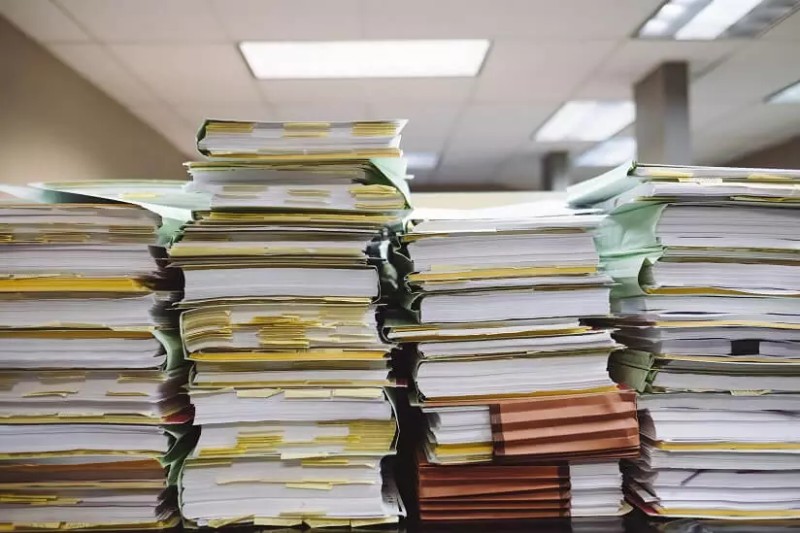CRA guidelines for how long to keep tax records in Canada

The Canada Revenue Agency (CRA) requires individuals and businesses to keep certain records for a certain period in case they are needed for an audit or reassessment. Understanding and following these guidelines is essential to avoid penalties and fines.
This article will discuss the guidelines for how long to keep tax records, the exceptions to the six-year rule, and the importance of maintaining records for personal reference and securely disposing of records.
CRA guidelines for individuals
According to the CRA, individuals must keep records for six years from the tax year-end to which they relate. That includes documents such as T4 slips, which show income from employment, T5 slips, which show income from investments; and receipts for expenses that can be claimed as deductions or credits. For example, if you were filing your 2020 tax return in 2021, you must keep your records from 2020 until at least 2027.
Examples of records that individuals should keep include:
- T4 slips, which show income from employment
- T5 mistakes, which lead to income from investments
- Receipts for expenses that can be claimed as deductions or credits, such as charitable donations, medical expenses, and childcare expenses
- Records of any capital gains or losses on investments
- Records of any rental income and expenses
- Records of any self-employment income and expenses
CRA guidelines for businesses
Like individuals, businesses are also required to keep records for six years from the tax year-end to which they relate. That includes forms such as invoices, cash register tapes, and other documents supporting income and expenses reported on their tax returns. For six years, businesses must keep records of their GST/HST returns, payroll deductions, and employees’ T4 slips.
Examples of records that businesses should keep include:
- Invoices and receipts for all business income and expenses
- Cash register tapes and sales slips
- Records of GST/HST returns
- Records of payroll deductions and employee T4 slips
- Forms of any capital assets and depreciation
Exceptions to the six-year rule
While the general rule is to keep records for six years, there are certain situations where the CRA may request forms that are older than six years. For example, if there is a suspicion of fraud or a taxpayer has not filed a return for several years, the CRA may request records older than six years. In these cases, it is critical to comply with the CRA’s request to avoid penalties and fines.
Keeping records for personal reference
In addition to keeping records for the CRA, it is also essential for individuals and businesses to keep records for their reference. For example, if you claim a loss on a rental property, you must provide evidence of the loss. Similarly, if you assert a capital loss on an investment, you will need to provide proof of the purchase and sale of the investment.
Conclusion
Individuals and businesses should follow these guidelines provided by The Canada Revenue Agency (CRA) to avoid penalties and fines. Connect with a qualified accounting firm if you need more assistance with any tax issues in Canada.